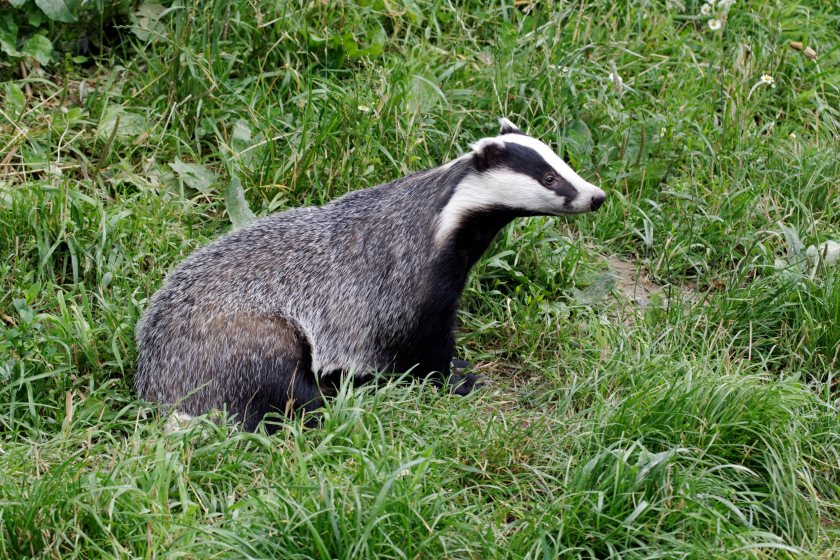
Farmer-led badger vaccination could play a vital role in the government and industry's plans to eradicate bovine TB, according to researchers.
A paper published today (6 August) reports how over the course of the 4-year pilot vaccination programme, the percentage of badgers testing positive for bTB fell from 16% to 0%.
Meanwhile, the farmers involved in the study reported increased enthusiasm for badger vaccination as a control tool.
Hundreds of thousands of cattle and badgers have been slaughtered for bTB control in recent years.
With larger-scale assessments needed to measure how badger vaccination impacts disease rates in cattle, researchers are calling on the government to support further evaluations of community-led badger vaccination.
Professor Rosie Woodroffe, project lead at Zoological Society of London (ZSL), said: “Our hope is that this work will help to move bTB control into a place where farmers and wildlife groups can work together towards this shared goal.”
Initiated and part-funded by Cornish farmers, the team vaccinated badgers across 12 farms in a 11km2 area.
They worked with Imperial College London to simultaneously gather data to address the farmers’ questions around the practicality and effectiveness of vaccination.
More badgers were vaccinated per km2 than were caught by nearby culls, with separate counts from camera traps suggesting that 74% of local badgers received the vaccine.
Blood sampling showed that the proportion of badgers with bTB fell even though overall badger numbers remained high.
Interviews with the participating farmers indicated their keenness to continue vaccination beyond the original 4 years.
Keith Truscott, founder of the Mid Cornwall Badger Vaccination Farmers Group and senior author on the report, said there needed to be a solution to tackle bovine TB.
He said: "As a cattle farmer, I’m living with the constant worry that one of our cows might test positive for the disease, so doing nothing is not an option.
"I sleep better at night knowing that there are people out there working to eradicate the disease through vaccination. I’m proud to be part of this project, and even more so to have instigated it.”
While most bTB incidents in cattle are caused by transmission between herds, transmission from wild badgers plays a role in the persistence of the disease.
Badger culls have formed part of the government’s policy for many years, although the new Labour government has committed to ending the cull.
Previously, plans to expand badger vaccination have been met with scepticism from farming leaders, concerned that vaccination might reach too few badgers, at too high a cost, making it ineffective.
But researchers behind today's new paper say that vaccination can be delivered in ways which are practical, cost-effective, and acceptable to farmers.
